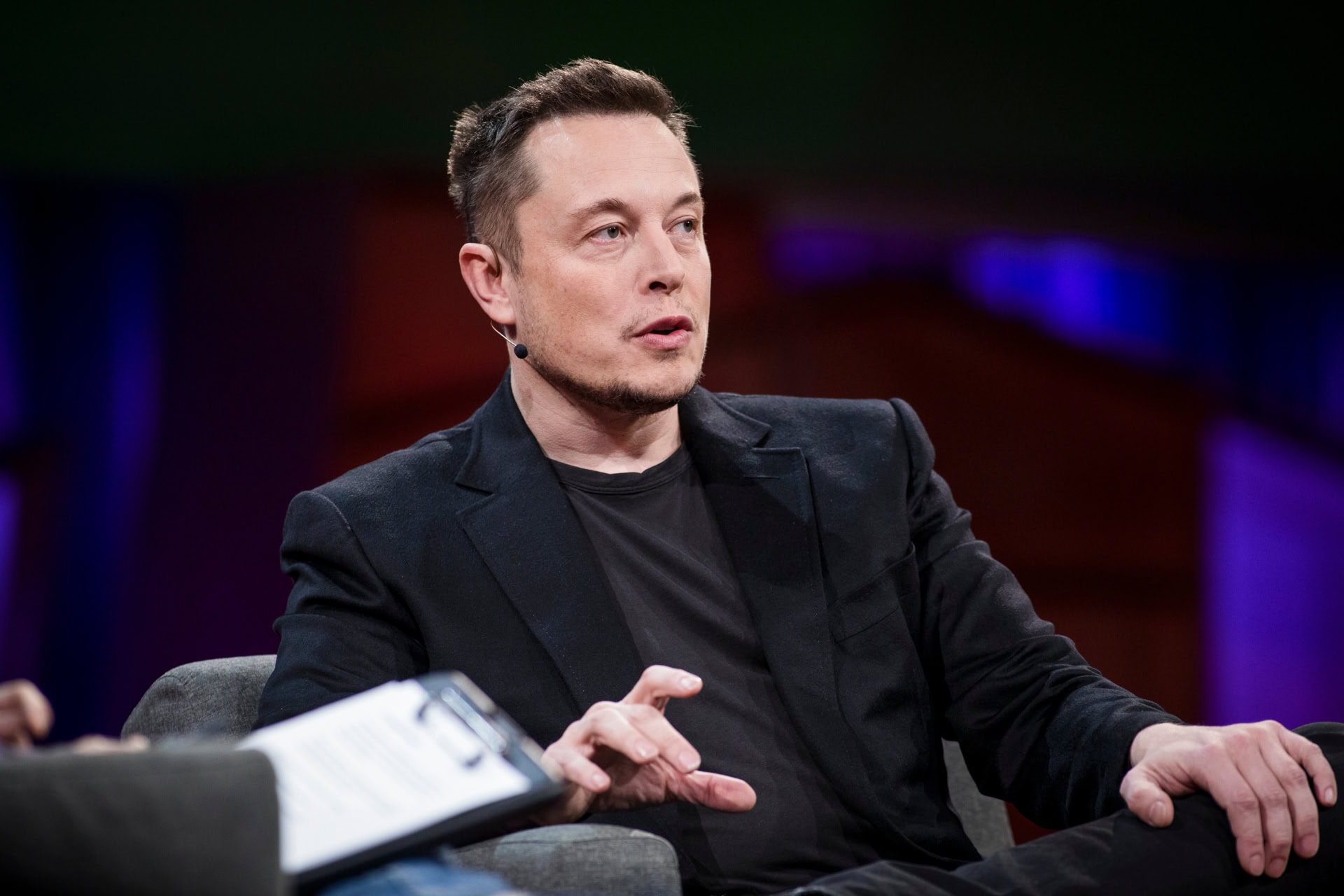Key Points and Summary: Elon Musk’s Department of Government Efficiency (DOGE) is taking aggressive steps to cut federal spending, but its legality is now under scrutiny.
-Critics argue that DOGE’s actions, including blocking USAID funds and accessing Treasury data, violate Congress’ power of the purse.
-Lawsuits, including one from the AFL-CIO, have already been filed, and legal experts predict the matter could reach the Supreme Court.
-Meanwhile, misleading claims about government spending—such as Politico Pro subscriptions—have fueled controversy.
-With tensions rising in Washington, the fate of DOGE’s authority may soon be decided in courtrooms rather than executive orders.
That 1 Word Explainer: Illegal?
In the opening weeks of the Trump presidency, one thing is clear about Elon Musk’s role in the administration: He is taking a very active one.
When the Department of Government Efficiency (DOGE) was first announced during the presidential transition, some speculated that the Department, originally to be led by Musk and Vivek Ramaswamy, would have no real authority and would exist as an advisory board that would make recommendations about potential budget cuts to government programs.
That hasn’t been the case.
The Origins of DOGE
Ramaswamy, the former presidential candidate, didn’t make it to the start of the Trump presidency, stepping away before the inauguration. DOGE was officially created on January 20 via an executive order.
“This Executive Order establishes the Department of Government Efficiency to implement the President’s DOGE Agenda by modernizing Federal technology and software to maximize governmental efficiency and productivity,” the text of the order said. DOGE is technically a renaming of the United States Digital Service and is part of the Executive Office of the President.
The order also said that each agency will have a “DOGE Team” of at least three people.
What DOGE Has Done
In the opening weeks of the Trump presidency, DOGE has made its presence felt, including by instigating a “shutdown” of the USAID agency and also accessing payment information in the Treasury Department. On Wednesday, per NBC News, attorneys for the Justice Department agreed to temporarily restrict DOGE from accessing Treasury’s payments system.
This has led to cheers from fans of Trump and Musk, but there has also been a lot of consternation from those who know how government works- and questioning whether what DOGE is doing is legal.
Is It Legal?
Several questions have been raised about the legality of DOGE’s blitz, starting with the notion that Congress has the power of the purse and an unelected government agency has no legal authority to block money that Congress has appropriated. Questions of whether to raise or cut spending and adjust levels of funding for certain agencies are debated in Congress and not conducted unilaterally by an unelected “Department.”
The Washington Post reported Tuesday that DOGE’s actions have “triggered legal objections across Washington” across numerous agencies.
David Super, a Georgetown law professor, told the Post that Musk’s blitz appears “so wildly illegal that I think they’re playing a quantity game and assuming the system can’t react to all this illegality at once.”
On Wednesday, per The Hill, the AFL-CIO filed a lawsuit against DOGE, specifically about DOGE access to the Department of Labor. The lawsuit was filed in conjunction with the launch of a PR campaign called The Department of People Who Work for a Living.
It seems very likely that the question of what Musk and DOGE do and don’t have the power to do will end up getting litigated in the courts or possibly even the U.S. Supreme Court.
The Politico Pro example
Another thing Musk, DOGE, and some of their media allies have been doing is pointing out what they consider to be egregious examples of government expenditures. It’s something that fiscally conservative politicians have long done, like the late Ohio Congressman Jim Traficant.
The problem is that some of these examples have been misleading, including the freakout on Wednesday about Politico Pro.

Elon Musk interviewed by Chris Anderson at TED2017 – The Future You, April 24-28, 2017, Vancouver, BC, Canada. Photo: Marla Aufmuth / TED
A screenshot of USASpending.gov—a database of government expenditures that long predates DOGE—appeared to show that USAID was spending millions of dollars on subscriptions to Politico. Some influencers even positioned this as a bribe of the media outlet by the federal government.
But per Axios, this was misleading—Politico offers a high-end subscription called Politico Pro, which offers proprietary information—akin to a Bloomberg Terminal and costs thousands of dollars annually. Its subscribers include government agencies, congressional offices, lobbyists, and others in Washington, both in and out of government. The dollar figure in the millions was not only for USAID but also represented the total expenditure for the federal government over ten years.
Nevertheless, White House Press Secretary Karoline Leavitt said from the podium Wednesday that “eight million taxpayer dollars that have gone to essentially subsidizing subscriptions to Politico on the American taxpayer’s dime will no longer be happening.”
About the Author: Stephen Silver
Stephen Silver is an award-winning journalist, essayist and film critic, and contributor to the Philadelphia Inquirer, the Jewish Telegraphic Agency, Broad Street Review and Splice Today. The co-founder of the Philadelphia Film Critics Circle, Stephen lives in suburban Philadelphia with his wife and two sons. For over a decade, Stephen has authored thousands of articles that focus on politics, technology, and the economy. Follow him on X (formerly Twitter) at @StephenSilver, and subscribe to his Substack newsletter.

